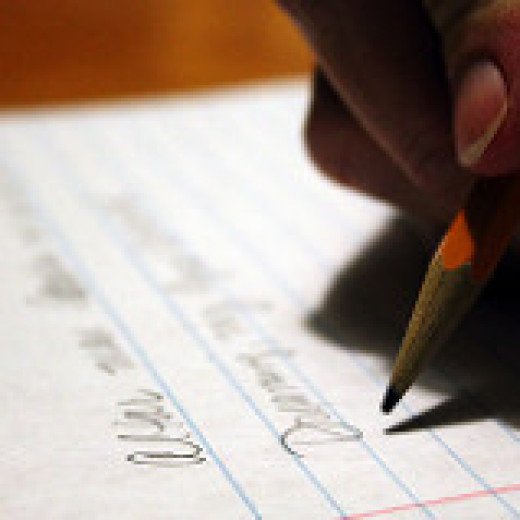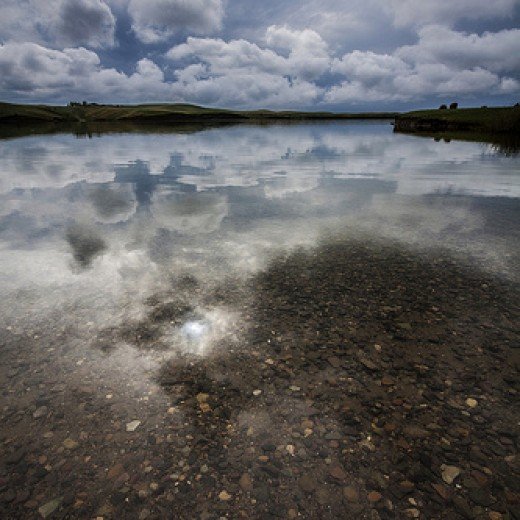The “Create A Writing Workshop” Game by Wyatt G. Bessing
 Welcome back to another one of Writer’s Fun Zone’s monthly columnists: Wyatt Bessing. A writing coach and teacher, author, Wyatt Bessing shares his fun take on games, play, and how they help our writing. This month Wyatt helps us arrange our own, personal, writing workshop.
Welcome back to another one of Writer’s Fun Zone’s monthly columnists: Wyatt Bessing. A writing coach and teacher, author, Wyatt Bessing shares his fun take on games, play, and how they help our writing. This month Wyatt helps us arrange our own, personal, writing workshop.
***
Have you ever attended a writing workshop? I highly recommend the experience. When I journeyed to Taos, New Mexico for Natalie Goldberg’s How Close Can You Get workshop, I found it to be the perfect panacea for my overly critical mind. Having just graduated from California Institute of the Arts with an MFA in Critical Studies/Writing, I was over-analyzing everything I wrote before, during, and after the writing process. And it wasn’t just the words I was overthinking, but their artistic, social, and historical relevancy as well.
I was too petrified to write a word.
Goldberg’s technique of freewriting, popularized in her book Writing Down the Bones, truly inspired me to look more deeply into myself for my stories, to begin to trust myself again. Using a prompt such as “I remember…” and just writing as quickly as possible for ten minutes, I found subconscious connections and metaphors, beautiful imagery and emotions, pouring out. Having people truly listening and repeating the most memorable lines and images I had written, was a part of the transformative experience. I felt empowered and creative, bubbling with insight and energy.
In the decade since the workshop, I have often attempted to recreate its magic. What was it that inspired me so much? Was it really Natalie’s teachings? In some ways, certainly. Was it the community of kindred souls? Partially.
But perhaps what most motivated me and guided me toward accomplishment and personal change were the same elements writers must build into every day in order to be successful: Effort and Structure.
In terms of effort, I had already made a monetary investment in the workshop and a time investment with the plane trip and the long van ride up the mountains into Taos. Everything in Taos felt grand and elemental, from the long stretches of red and tan desert to the imperious peak of sacred Taos Mountain itself, reaching magically into the clouds behind the town. Remote and exclusive, the town exuded an air of majesty and attainment.
For structure, each day I needed only look at the day’s events laid out before me in the Conference Schedule folded in my pocket. I needn’t carve out time from my busy life; this step was taken care of. Meetings took place in romantic-sounding rooms at the historic bed and breakfast – the Sun Room, the Garden Terrace. All I had to do was get up in the morning and walk to the Breakfast Hall, then to writing in the East Meditation Room.
This month’s game, then, will help you create your own private workshop week. You can use one of the newsletter templates built into your word processor. This will come preloaded with pictures that may suit your needs just fine, or you can add your own colorful and inviting images.
Making the brochure is the initial effort that will propel you and motivate you to follow through with your writing, so plan it carefully. Remember, you have already committed yourself to this process of writing, or you wouldn’t be here reading this website. Every time you sit down and face the silence at your computer, typing words into that infinite void, you are making an effort at writing.
You deserve success.
My Private Writing Workshop Game:
1. Where do you eat each day? Where do you write? Think of some creative names for the rooms in your house. Brainstorm ten room names for your workshop (there will be duplicates; I might call my study the Sunrise Chamber or the Sword Room).
In my house I have the Sunset Dining Room, the Sword Study, and the Kitchen Nook. Some mornings during my workshop, I meet my muses at the Kitchen Nook at 5:00 am sharp. Other mornings we meet in the Sword Study. But I have it all planned out, and I don’t want to disappoint them, so I’ll show up!
2. Workshop activities. Spread these out over the week, of course, so that you will have a variety of activities, as long as they are all geared toward your final goal, be it publication, self-discovery, or creative play. Definitely include a final project for the end of the workshop: a series of completed journals, submitting a short story for publication, or a private reading with writing friends.
In this process, I decided I wanted to rejoin a local writing group, so I have scheduled that for Saturday. I have Submission Day, Collaborative Meeting, Sunrise Writing, Sunset Writing, Writing from Deep Inside, Late Night Write Party, and Field Trip Friday planned for my workshop week.
Use these ideas or come up with your own! Include a field trip or two. As a writer, every time you journey away from home, whether it’s out into the forest or just to the local cafe, you’re looking for experiences to savor and share. Pay careful attention to smells and sounds, dialogue, and your own internal voices!
Brainstorm ten activities for your workshop week, and don’t forget that final project.
3. Make a schedule of specific times and days for each activity.
This is the most important part of the workshop, a specific meeting time when you agree to meet your muses and do your work. Even if you can only write for an hour each day in the morning, before your children wake up, before you go to work, plan that time! This is your time to visit with your inner voice. Start out these sessions by sitting quietly and breathing, observing all your sensations as if from a distance, slowing down. Then you can dive in and write ten minutes without stopping, feeling all the emotions within you welling up and finally pouring out. You may feel anger, excitement, lust, even extreme elation. Welcome these emotions. The more you bring your emotions and body into your writing, the more you feel it, the more your reader will feel it as well.
***
 Wyatt Bessing is a writer, writing coach, and learning specialist. His stories and essays have appeared in Bedtime-Story.com, Outsider Ink, national educational assessment materials, and in the anthology Dance, Human Rights, and Social Justice. Through his workshops, website, and blog at wyattgbessing.com, he guides new and experienced writers in crafting more effective, expressive, and striking work. During the day, he works at Star Academy in San Rafael, teaching reading and comprehension skills to students with learning differences in elementary through high school. He lives in Santa Rosa, CA with his wonderful fiance and co-creator, Sarah Laugtug.
Wyatt Bessing is a writer, writing coach, and learning specialist. His stories and essays have appeared in Bedtime-Story.com, Outsider Ink, national educational assessment materials, and in the anthology Dance, Human Rights, and Social Justice. Through his workshops, website, and blog at wyattgbessing.com, he guides new and experienced writers in crafting more effective, expressive, and striking work. During the day, he works at Star Academy in San Rafael, teaching reading and comprehension skills to students with learning differences in elementary through high school. He lives in Santa Rosa, CA with his wonderful fiance and co-creator, Sarah Laugtug.







What a brilliant post. It so paralleled my own experience of being too critical of my own writing. I am really trying to put into practice all of Wyatt’s suggestions and Beth’s. But sometimes we get bogged down in the flak we give ourselves and from others saying we don’t measure up. Thank you for your words of encouragement and inspiration
Thanks, Carol! The best way I’ve found of putting aside the flak is taking a deep breath (or ten!), closing my eyes, and just focusing on the moment. Let your fingers pour across that page. In that moment, it’s just you, your emotions and thoughts, and the paper. No one else controls your thoughts. You have the power!